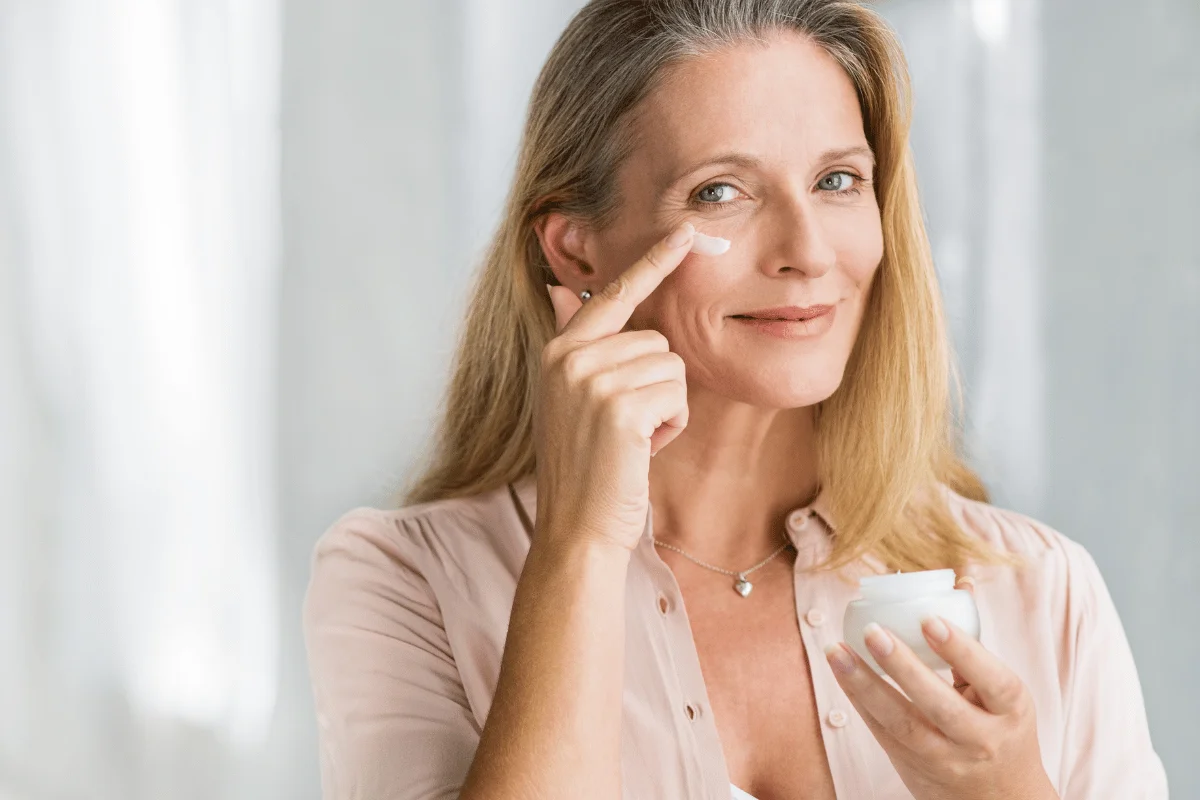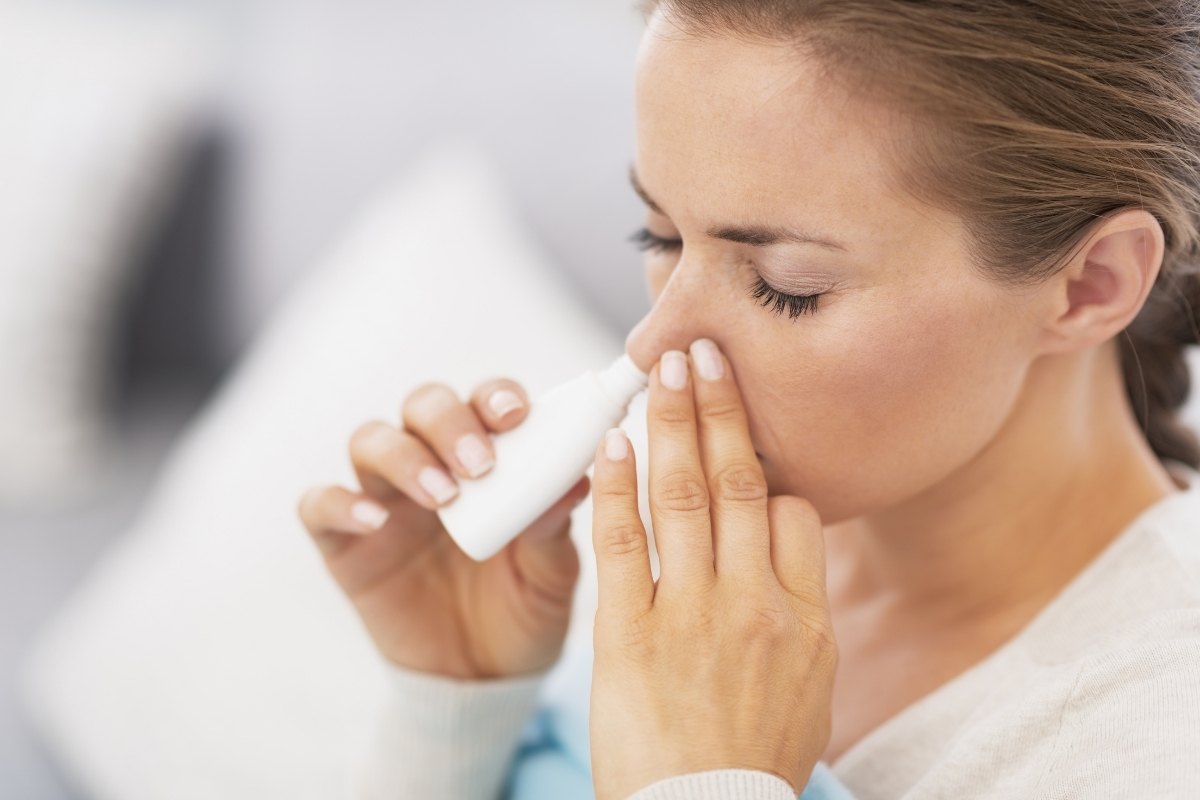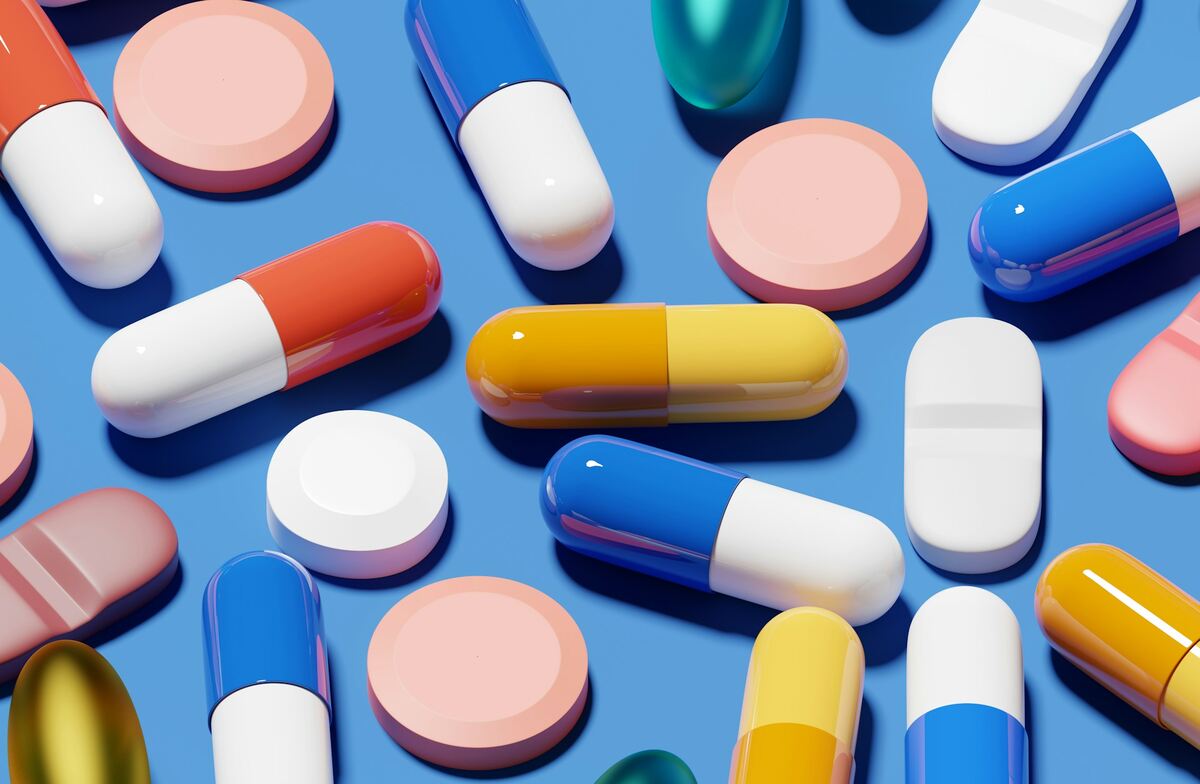[Disclaimer: This article is for informational purposes only and does not constitute medical advice. Always consult a dermatologist before starting any peptide regimen for the skin, especially if you have severe skin conditions.]
As we age, our skin starts thinning, and our skin barrier weakens. A weak skin barrier causes fine lines, wrinkles, and age spots.
According to some dermatologists, we lose 1% of collagen every year. However, anti-aging peptides penetrate the skin and signal the body to make collagen, improve elasticity, and reduce dullness and wrinkles.
Peptides are like anti-aging superfoods that stimulate the body to fight aging naturally and make skin look youthful. And that’s the reason why peptides work better for the skin than any other skincare product.
In this article, we will discover what are anti-aging peptides, what they do for your skin, and their skincare benefits.
TL;DR – List of Anti-Aging Peptides
Before we go deep, let’s have a quick overview of the top 12 anti-aging peptides:
- Epithalon
- FOXO4-DRI
- L-glutathione
- Tripeptide-29
- NAD+
- SYN-AKE
- Argireline
- Palmitoyl Tetrapeptide-38
- GHK-Cu
- Palmitoyl Tetrapeptide-7
- Palmitoyl Tripeptide-1
- Palmitoyl Tripeptide-5
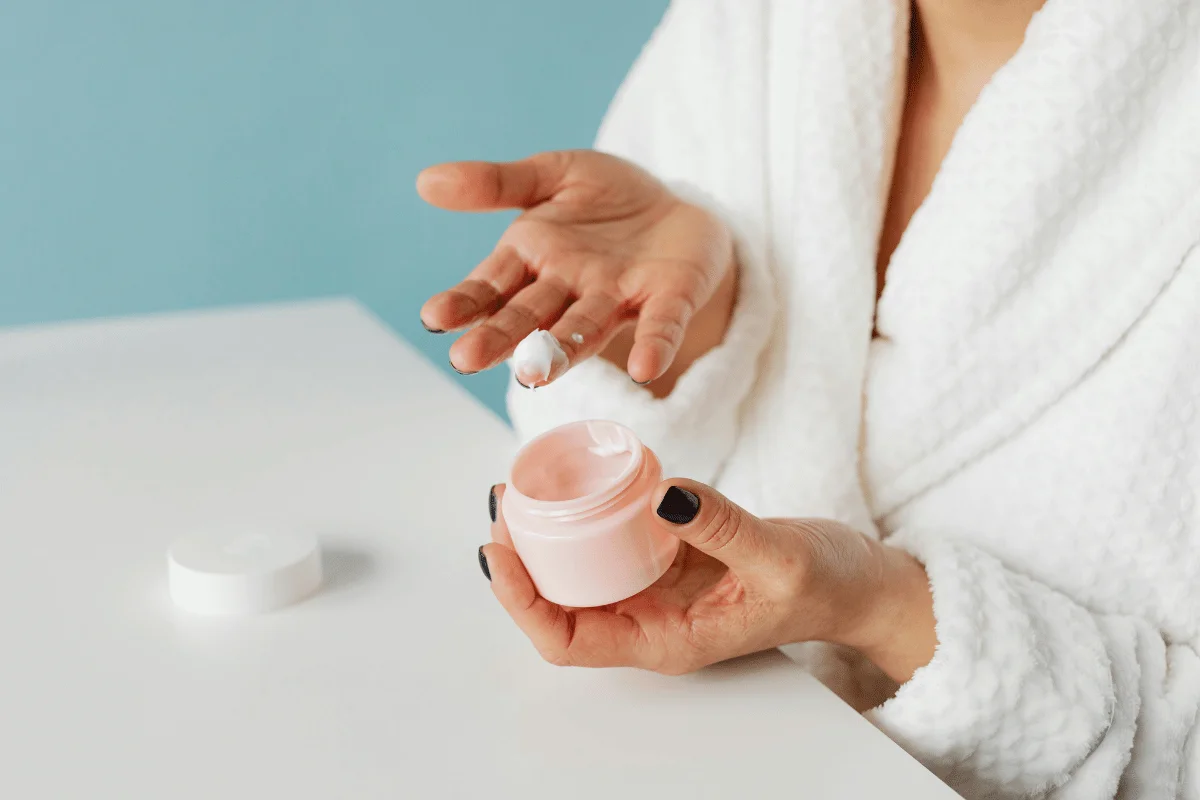
What Are Anti-Aging Peptides?
Peptides are the building blocks of crucial proteins (collagen and elastin) in our body. As we age, the quality of collagen drops and the already-existing collagen protein quickly starts breaking down.
Additionally, oxidative stress damages elastin. Loss of collagen and elastin further causes skin thinning, wrinkling, and sagging.
Anti-aging peptides reduce these signs of aging skin by simply decreasing the damage to collagen and elastin.
A study published in the Bulletin of Experimental Biology and Medicine reported that peptides reduce aging signs by stimulating fibroblasts, enhancing skin healing and firmness. That’s why peptides are now integral to every other skincare formula.
Pro Tip: To prevent your skin from aging, start taking anti-aging peptides once you enter your 30s.
Types of Anti-Aging Peptides
Anti aging peptides are continuously gaining popularity. The reason is their efficacy is backed by extensive scientific research.
Anti-aging peptides can be classified into multiple types depending on their core function:
- Neurotransmitter Peptides: Mimic the action of Botox injections and creams. They block the secretion of chemicals that stimulate the contraction of facial muscles. Thus, neurotransmitter peptides relax your facial muscles and reduce fine lines and wrinkles. An example is Argireline.
- Signal Peptides: Also referred to as palmitoyl pentapeptides. They trigger the production of collagen and elastin, maintaining the elasticity and firmness of your skin. Signal peptides are the most common peptides present in anti-aging creams and serums.
- Carrier Peptides: As the name suggests, carrier peptides carry trace elements (magnesium and copper) to the skin. These include copper peptides like GHK-Cu, which is also known as one of the best copper peptides for hair growth. Copper complexes hold great potential for the skin as they boost collagen and treat photoaging (damage due to sun exposure) by fading age spots and hyperpigmentation.
- Enzyme-inhibitor Peptides: Slow down the action of enzymes that break down collagen and elastin, automatically improving skin texture. They include rice-derived and soy-derived peptides, which are known to reduce skin puffiness and dark circles.
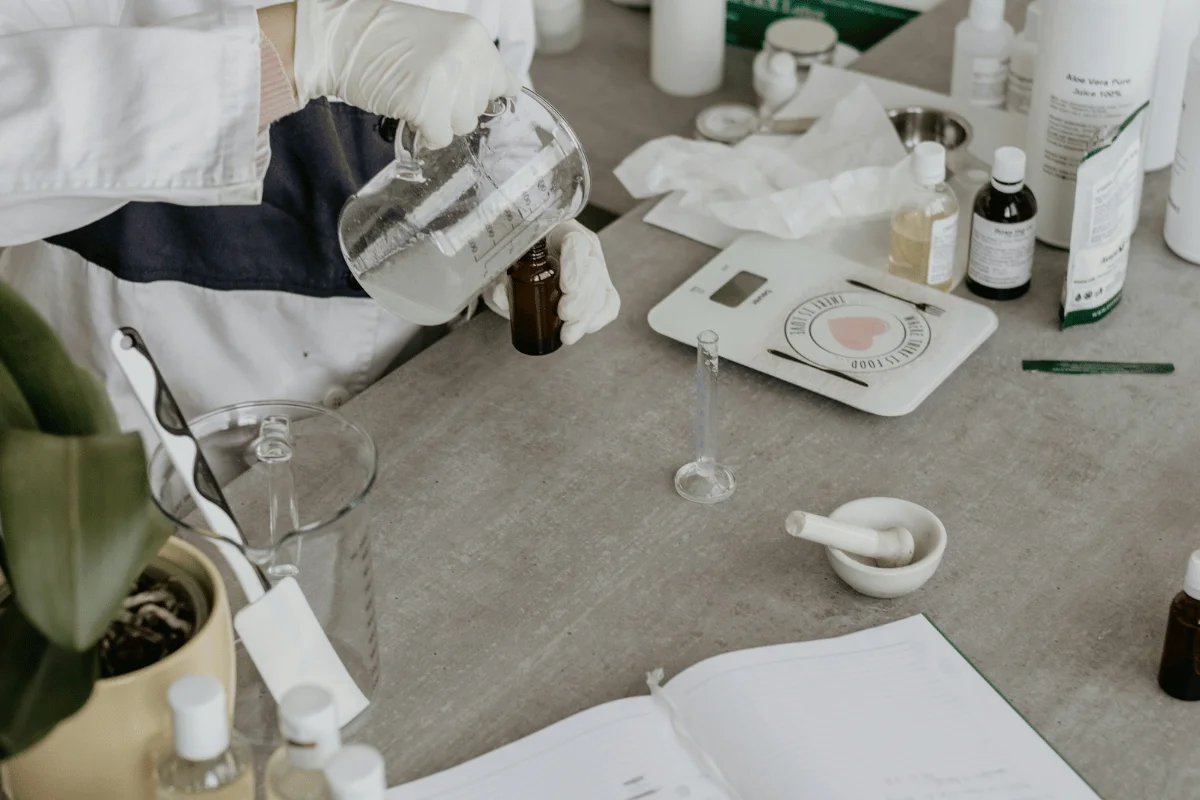
Key Benefits of Peptides for Skin
In a study, the effect of collagen peptides was checked on women aged 40–60. Six weeks of treatment significantly hydrated their skin and reduced their wrinkles. A 12-week treatment enhanced their skin elasticity without any side effects.
Read below to understand what peptides can do to your skin:
Decrease Wrinkles
Peptides work as messengers, signaling the skin cells to produce more collagen and elastin. Both proteins make skin firm and reduce fine lines and wrinkles.
They particularly treat sagging skin and replace damaged cells with fresh skin cells.
Reduce Breakouts
Some peptides have antimicrobial efficacy. That means they can kill acne-causing bacteria, reducing breakouts and skin infections.
Plus, some of them have the capacity to boost the immune system, which also reduces the severity and frequency of breakouts.
Improves Skin Elasticity
As you age, skin loses its elasticity and sturdiness. Therefore, once you press your skin, you might feel a little less “bounce back.” Again, the wonder proteins (collagen and elastin) in the skin help to restore elasticity.
Plus, peptides form blood vessels, increasing oxygen and blood supply, which further improves skin health.
Improves Skin Barrier
Aging, overexfoliation, pollution, and poor sleep negatively affect the skin barrier. Anti-aging peptides improve the skin barrier, protecting the skin against damage from UV rays, toxins, and dirt.
Additionally, they protect the skin from microbes and aid in retaining moisture.
Reduces Inflammation
Due to inflammation, the skin experiences multiple conditions. Anti-aging peptides reduce inflammation and fade aging signs, such as fine lines, acne, and dark age spots. Decreased inflammation also helps restore the skin barrier and reduce redness.
Note: Over 90% of skin damage occurs due to sun exposure. Therefore, it is crucial to use sunscreens in addition to adding peptides to your skincare routine.

How to Choose the Right Peptides for Aging Skin
There are tons of peptides, each offering a different combination of benefits for the skin. Consider the following points while choosing a peptide for your skin:
- Match Peptides to Your Skin Type: Choose a peptide according to your skin type. For example, if you have sensitive skin, choose peptides that have a gentle nature.
- Identify Your Skin Goals: Identify the exact skin health goal you want to achieve. For example, do you want to reduce wrinkles, enhance elasticity, or fade hyperpigmentation?
- Seek Expert Advice: Consult a dermatologist before choosing any peptide if you have skin issues, such as hyperpigmentation, acne, or psoriasis.
Once you know your skin type, the severity of your skin condition, and the exact aim, choosing the anti-aging peptide specified for your needs will be easier.
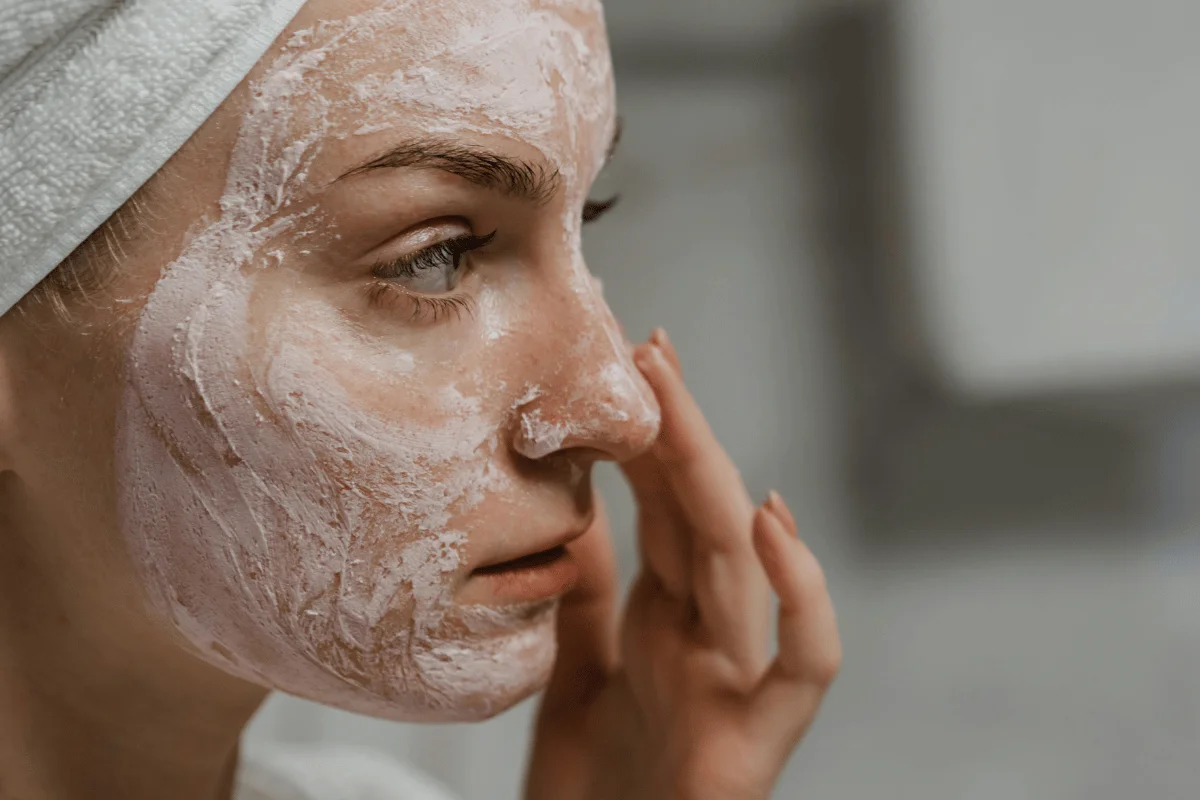
List of General Anti-Aging Peptides
Aging negatively affects skin elasticity, muscle tone, energy level, and brain function.
Let’s explore anti-aging peptides that perform various functions to (slightly) reverse the aging of the brain and body:
1. Epithalon
Epithalon (aka epothilone or etalon) is shown to activate the telomerase enzyme, aiding cells in lengthening their telomeres (the protective part of DNA). As a result, cell life span increases, and aging is slowed down.
Plus, epitalon:
- Improves skin texture.
- May heal damaged muscle cells.
- Prevents age-related disorders like dementia and heart issues.
2. FOXO4-DRI
FOXO4-DRI has the potential to slow down cellular aging — a phase where cells lose their capacity to divide and work. Also, it:
- Promotes cell survival and growth.
- May improve sperm quality and enhance the testosterone level in aged men.
- Boosts the production of collagen and elastin.
- Aids in the destruction of aging cells.
- Enhances cell regeneration.
3. L-Glutathione
L-glutathione is an antioxidant peptide that mainly helps to reduce oxidative stress, a major factor behind aging. A study published in Clinical, Cosmetic, and Investigational Dermatology tested its effect on 60 women aged 20-50.
It was observed that L-glutathione has the capacity to reduce wrinkles and fine lines. Also, it:
- Evens out the skin tone and gives a brightening effect.
- Replaces damaged cells with new ones.
- Removes impurities and toxins from the body.
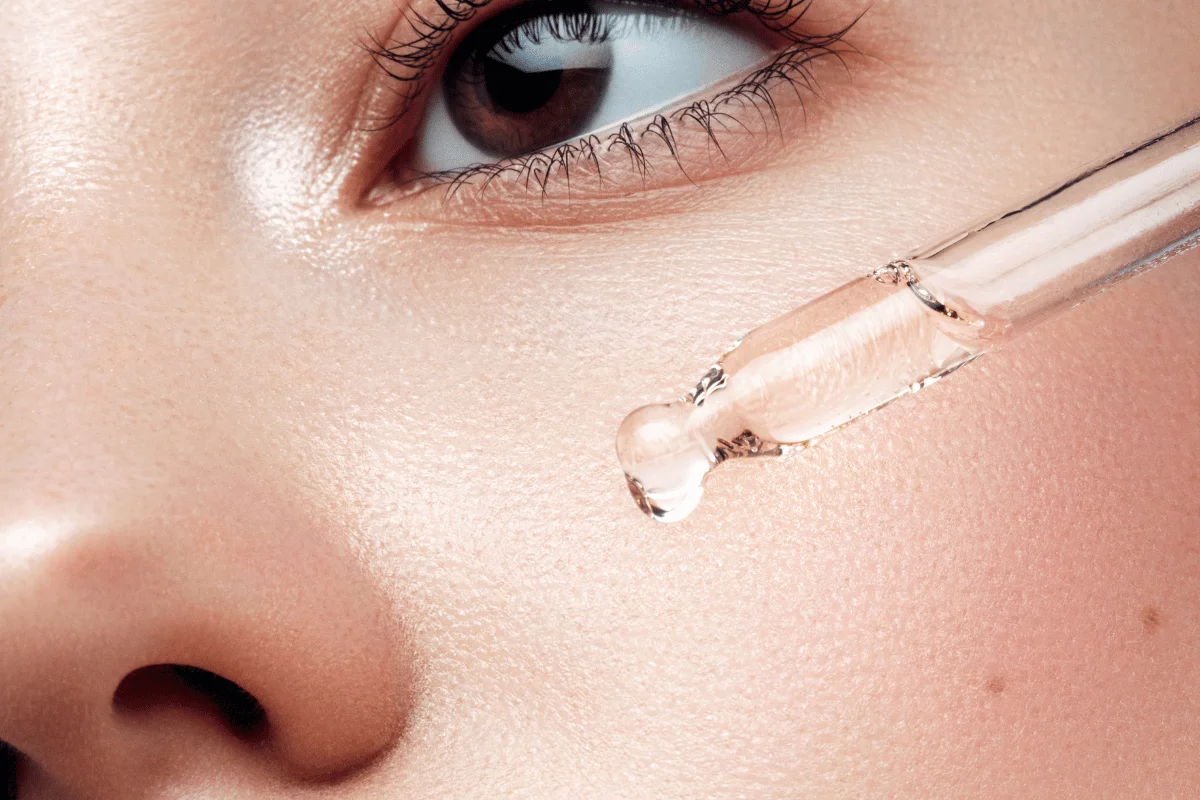
4. Tripeptide-29
Tripeptide-29 is a signaling peptide that signals the skin to produce more collagen. Due to its low molecular weight, it can easily penetrate the skin and show great bioavailability.
Tripeptide-29:
- Delays signs of aging.
- Improves the uneven skin texture.
- Hydrates and freshens the skin.
5. NAD+
Metabolism slows down with age, causing weight gain. NAD+ aids the body in generating adenosine triphosphate (ATP), which converts food into fuel to keep us active throughout the day.
NAD+ peptide:
- Improves your metabolism and energy levels.
- May enhance brain function, memory, and concentration.
- May repair DNA and enhance life span.
- Promotes faster healing and recovery.
6. SYN-AKE
SYN-AKE mimics the action of a peptide found in snake venom. It prevents certain neurotransmitters from binding to muscle receptors, which relaxes facial muscles.
SYN-AKE could:
- Decrease fine lines.
- Minimize wrinkles around the upper lip and mouth.
Due to its high anti-aging efficacy and safety profile, SYN-AKE may show promising results in anti-aging formulations.
Third-Party Tested, 99% Purity
Order lab-verified peptides from our top recommended vendor.
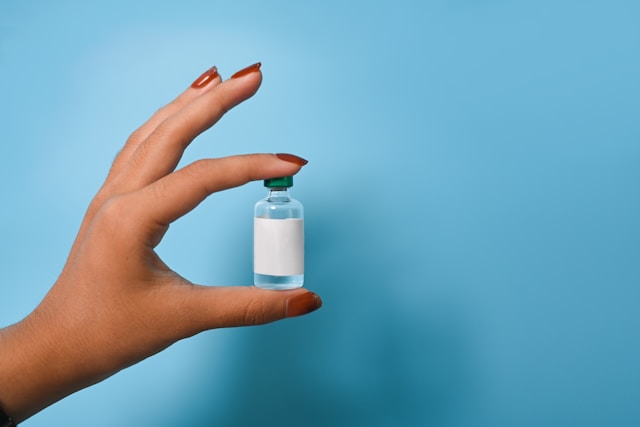
Best Anti-Aging Peptides for Different Skin Concerns
The functions of anti-aging peptides significantly overlap. For example, a peptide that boosts collagen production may also enhance elasticity.
However, we have categorized them depending on their main skincare benefit, as shown below:
Best Peptides for Wrinkles
Continue reading to discover the most common and effective peptides for reducing wrinkles on the skin:
7. Argireline
Being the best peptide for treating wrinkles, Argireline is referred to as an anti-wrinkle peptide or “Botox in a jar.” Argireline is also called acetyl hexapeptide-8 or acetyl hexapeptide-3. It decreases the secretion of a neurotransmitter, acetylcholine — that controls muscle contraction.
The decrease in facial muscle contraction results in:
- Reduction in wrinkles appearing at eye corners called crow feet (laugh lines).
- Reduction in frown lines, smile lines, and forehead lines.
8. Palmitoyl Tetrapeptide-38
Being a signal peptide, palmitoyl tripeptide-38 (PT-38) sends signals to cells to strengthen the skin barrier and rejuvenate the skin. It encourages the synthesis of components of the extracellular matrix, including:
- Collagen — that provides skin strength and firmness.
- Hyaluronic acid — which binds with water molecules and hydrates the skin.
- Fibronectin — that supports cell migration to facilitate tissue repair and regeneration.
All of the processes work together to reduce wrinkles on the skin.

Peptides for Skin Elasticity
Anti-aging peptides hold great potential for enhancing skin elasticity. Learn more about the peptides for skin elasticity below:
9. GHK-Cu
GHK-Cu (copper tripeptide-1) is one of the best peptides for women due to its therapeutic potential for hair growth and skin elasticity. GHK-Cu promotes the synthesis of elastin, which facilitates blood flow to the skin.
Also, it:
- Tightens loose skin and enhances elasticity.
- Decreases photodamage of skin.
- Expands cell population to repair skin cells.
Fun Fact: GHK-Cu is also one of the best peptides for tendon repair.
10. Palmitoyl Tetrapeptide-7
Palmitoyl tetrapeptide-7 contains palmitic acid to promote peptide stability, helping it properly penetrate the skin and enhance its efficacy. The peptide is known for its soothing potential, as it prevents the irritation caused by UV light.
Palmitoyl tetrapeptide-7:
- Reduces inflammation and slows down the collagen breakdown.
- Shows an anti-aging effect on the skin by making it firm and smooth.
- Works synergistically with palmitoyl tripeptide-1 to make the skin elastic.
Peptides for Collagen Production
Collagen peptides not only stimulate the production of collagen but also maintain the pre-existing collagen.
Learn more about the top collagen peptides below:
11. Palmitoyl Tripeptide-1
Palmitoyl Tripeptide-1, also called Pal-GHK, was previously known as palmitoyl oligopeptide. GHK in Palmitoyl Tripeptide-1 is a type I collagen fiber that mimics the fragments produced after collagen breakdown to send signals to the skin.
And that’s how palmitoyl tripeptide-1:
- Triggers the production of multiple types of collagen (I, III, IV).
- Reduces poor skin texture and wrinkles.
12. Palmitoyl Tripeptide-5
Palmitoyl tripeptide-5 (aka Syn-coll) protects the already-present collagen and stimulates the synthesis of fresh collagen. Plus, it:
- Reduces stretch marks on the skin.
- Inhibits enzymes to protect skin against sun damage.
- Decreases pores size in the skin.

How to Incorporate Peptides in Your Skincare Routine
Peptides are highly versatile. Some peptides offer better penetration when injected, while peptide serums or creams can be topically applied. Peptide serums also have great absorption capacity.
Here’s how you can incorporate peptides for your skin health.
- Cleanse your skin to remove impurities, and apply a hydrating toner to improve absorption.
- Then, apply the peptide to the skin twice daily.
- After peptide application, apply a moisturizer to lock in the peptide and hydrate the skin.
- Next, apply sunscreen of at least SPF 30 if it is the morning or daytime.
Remember the following key points while using peptides with other skincare ingredients:
- Avoid using peptides with strong bases or acids, like alpha hydroxy acid (AHA) — they might break peptide bonds and turn them into inactive amino acids.
- You can pair peptides with gentle or non-acidic compounds. Using hyaluronic acid with peptide is perfectly fine. However, combining peptides with higher glycolic acid or vitamin C concentrations might suppress their benefits for the skin.
- For even better results, you can combine peptides with other skincare agents, such as niacinamide and hyaluronic acid.
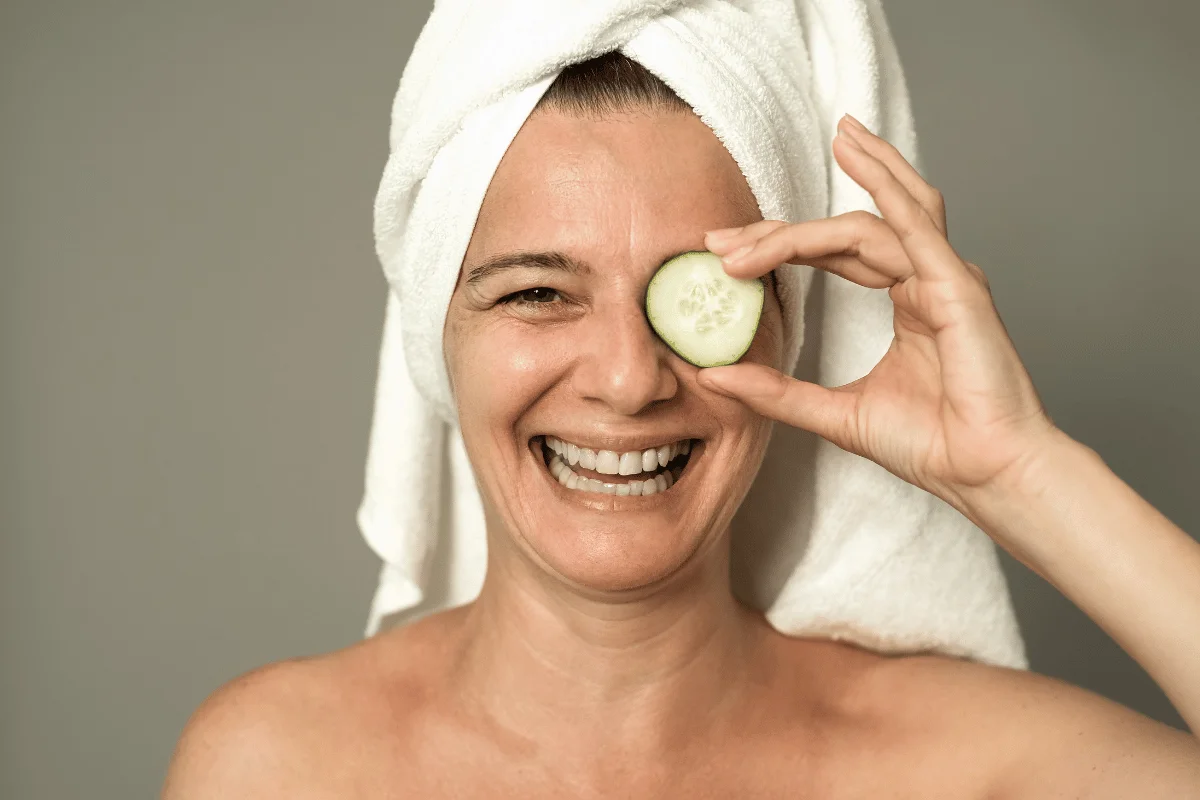
Frequently Asked Questions (FAQs)
Here are answers to the questions you might have about using peptides for skin health:
Are Peptides Safe for Sensitive Skin?
Yes, peptides are safe and well-tolerated for sensitive skin. But like any other peptide, they may sometimes cause a mild allergic reaction, such as swelling, itching, or redness. In case of mild irritation, reduce the frequency.
However, if the response is severe, stop using the peptide and consult your dermatologist. Copper peptides are most often best for sensitive skin types.
Note: Everyone’s skin is different, so always do a patch test before adding any peptide to your skin regimen.
Are Peptide Injections for Skin Effective?
Yes. Peptide injections are effective for the skin, which is why experts suggest an injective route for peptide intake.
Injections transfer peptides directly into the deeper skin layers, where collagen is synthesized. They signal collagen and elastin production, making the skin firmer and smoother.
Natural vs. Synthetic Peptides for Skin – What’s the Difference?
Natural peptides are obtained from animal and plant protein sources. The body’s protease enzyme breaks down the food protein into peptide chains.
On the other hand, synthetic peptides are made in labs. The lab-made peptides show the amplified benefits but in a more targeted way. Synthetic peptides have been researched extensively to back up their benefits. Also, they are engineered to show better penetration in the tissues.
Conclusion
Adding peptides to your skin care regimen could be a game-changer. Give your skin what it needs, and it will reward you back. Anti-aging peptides will improve skin texture and make you want to see the mirror more often.
Having said that, you will still have to follow the basic rules. Make sure to eat a protein diet, hydrate, and apply moisturizer and sunscreen. Also, consistency is important, no matter what peptide you’re using for your skin health.
So, use the right anti-aging peptides consistently, adopt a healthy lifestyle, and enjoy the radiance you have been seeking.


